
2022 Conference on International Cyber Security: Navigating Narratives in Cyberspace
The Call for Papers is open for our 2022 Conference on International Cyber Security - you have until 15 May 2022 to send in your extended abstract.
Our understanding of cyberspace is determined by the narrative that tells its story. Early digitization was often painted in terms of liberty with a touch of anarchism, characterized by assertions such as ‘information wants to be free’ and statements like the ‘declaration of the independence of cyberspace’. The dot.com boom framed the internet in terms of economic innovation, growth and the new digital economy, a narrative that survived the burst of the initial bubble. The dominant narrative that followed was one of security, ranging from the fear of ‘cyber warfare’ (cyber as the fifth ‘domain’ of warfare), sabotage and infrastructure attacks, to cyberspace as an intelligence contest. Moreover, different parts of the world speak different languages, even when they address core security issues. Western countries mostly insist on the language of cyber security – protecting vulnerable networked infrastructure – while authoritarian countries like China and Russia talk about information security, controlling the (inter)national information sphere.
However, with the rise of information operations and disinformation, the narrative of information security is spreading to democratic states too. ‘Information wants to be free’ now meets ‘information warfare’. The question of how ‘foreign’ information operations are – sowing discontent requires fertile domestic ground – has further weaponised narratives. How should we address competing narratives of information, misinformation and disinformation? And who should we turn to – platforms, population, adversary – to sanitize the debate or to win the information war? The war in Ukraine also raises questions about cyber conflict at various levels. What is the role of cyber operations during a full-blown armed conflict? What is the role of the internet in winning the hearts and minds of the (international) public? And are autocratic regimes still at an advantage in information wars or are democratic states gaining ground?
Finally, how does research into cyber conflict navigate such narratives – while constructing narratives of their own? How do empirical developments in cybered conflict fit with existing theoretical models and expectations, and which developments merit adaptation or new theoretical thinking? What is the relationship between the (im)possibilities of fact finding and explanatory narratives in this domain? Narratives influence our understanding of the usefulness or uselessness of cyber operations in conflict, their escalatory or de-escalatory potential, and the possibility or impossibility of controlling cyber operations through law, norms, attribution, and consequences.
In 2022, we want to have a conversation about narratives. How do narratives shape and influence cyber conflict, the way we see it, and how we analyse it? How do narratives influence the way we think about the governance mechanisms related to cyber conflict: the role, potential and limits of law, norms, and state behaviour?
This first annual academic conference of The Hague Program on International Cyber Security continues the tradition of the annual conferences of The Hague Program for Cyber Norms. We welcome all papers that have an interesting take on the theme of navigating narratives, addressing international crisis, conflict, and the politics of cyberspace. As always, we aim to bring together scholars from a diverse range of disciplines including – but not limited to – international relations, international law, economics, political economy, security studies, political sociology, philosophy, political science, science and technology studies and engineering. The key to understanding international cyber security lies in bringing together the various disciplines that relate to the theme in a broad sense. This call for papers is therefore open to extended abstracts from a wide range of academic disciplines.
The conference continues the work of the annual series organised by The Hague Program for Cyber Norms in its four previous editions. These conferences have become a key multidisciplinary venue for peer-reviewed research in the study of cyber security and international stability. See our website for the program and impressions of the previous editions of the conference in 2018, 2019, 2020 and 2021.
We welcome extended abstracts of maximum 800 words on questions related to international cyber security and cyber norms. We explicitly welcome contributions from early career scholars. The conference will take place in The Hague on 8 and 9 November 2022. Authors of accepted extended abstracts should prepare their final paper by 16 September 2022. A best paper prize will be awarded.
Accepted contributors are eligible for funding for travel and lodging.
How to submit your abstract
Abstracts should be submitted by email to conference@thehagueprogram.nl
Please make sure your abstract submission meets the following requirements*:
- Length: 600-800 words
- Format: .doc only!
- Blind review/anonymous: please leave out your name and other identifying details in the submission document
- Please mention separately in your email: your full name and current affiliation/position
*If your abstract does not follow these requirements, it will not be taken into consideration.
Important dates
- 15 May 2022: Deadline for submission of extended abstracts
- 31 May 2022: Notification of acceptance
- 16 September 2022: Submission of full paper (max. 6000 words, excl. footnotes and literature - for references, please use Chicago Manual of Style (preferred citation format being author-date))
- 14 October 2022: Feedback by review committee
- 8-9 November 2022: Conference
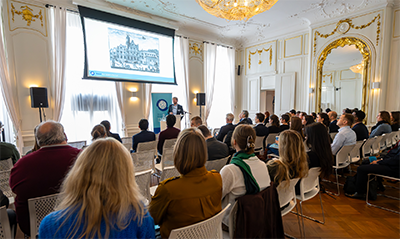


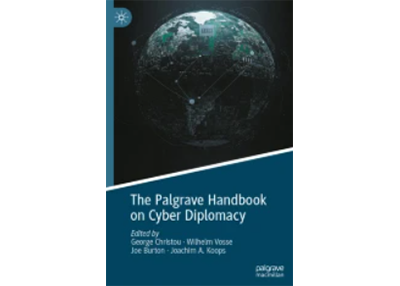


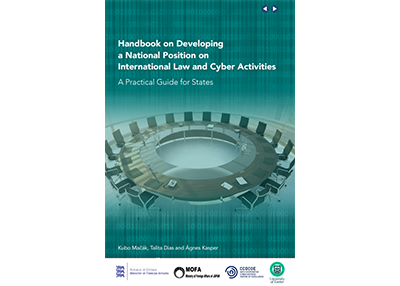


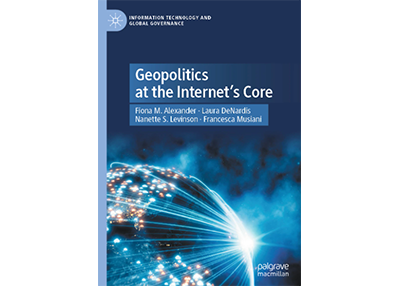
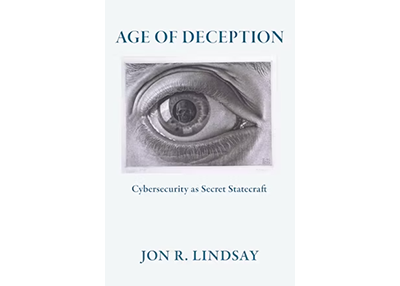
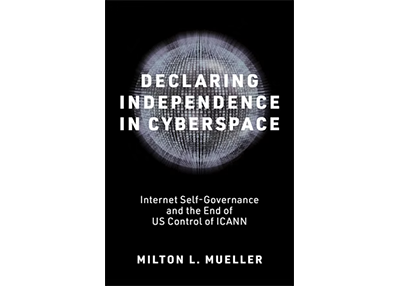





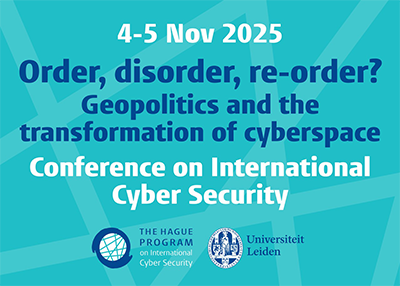
































_400x286.png)







































